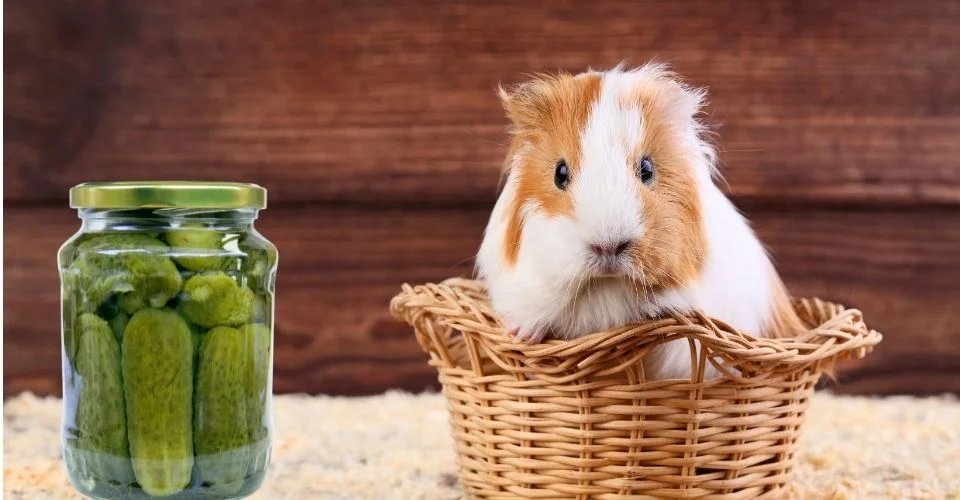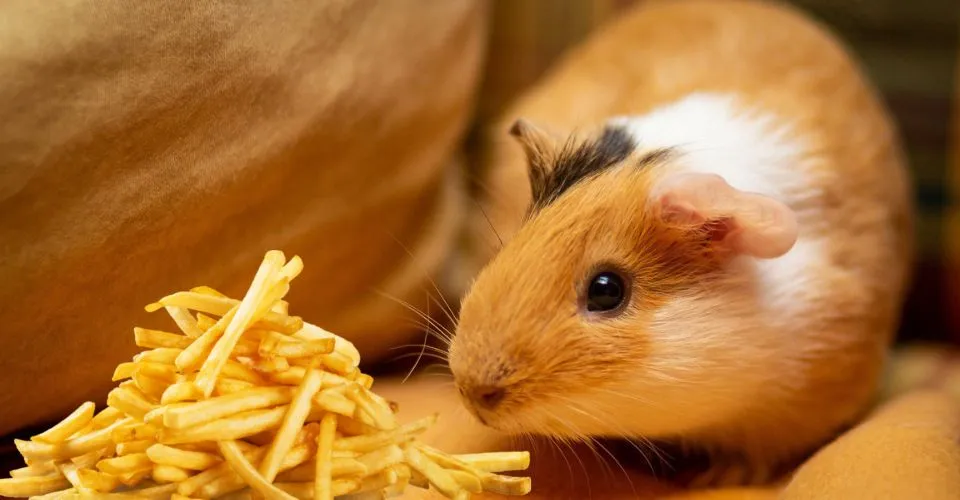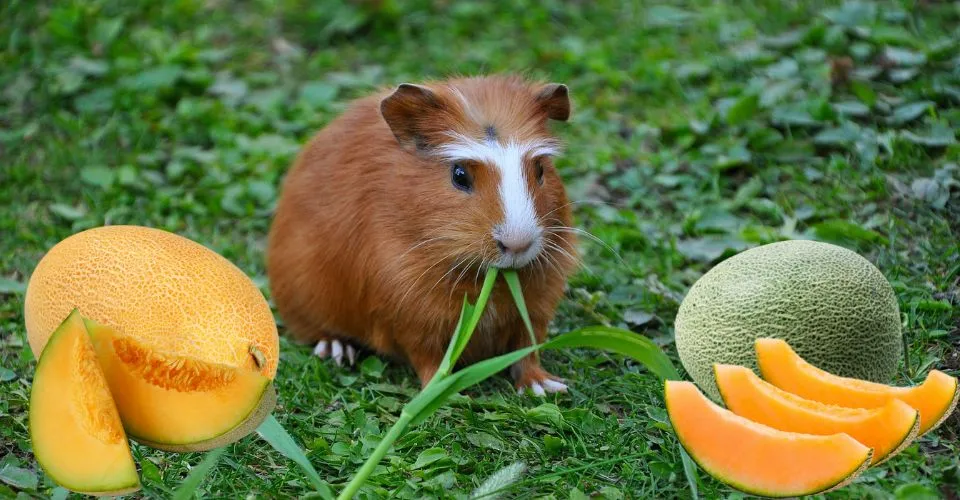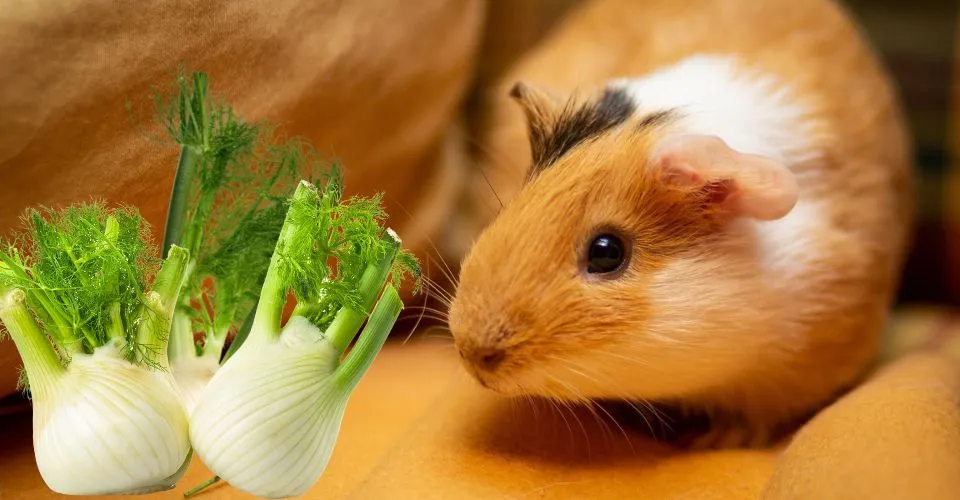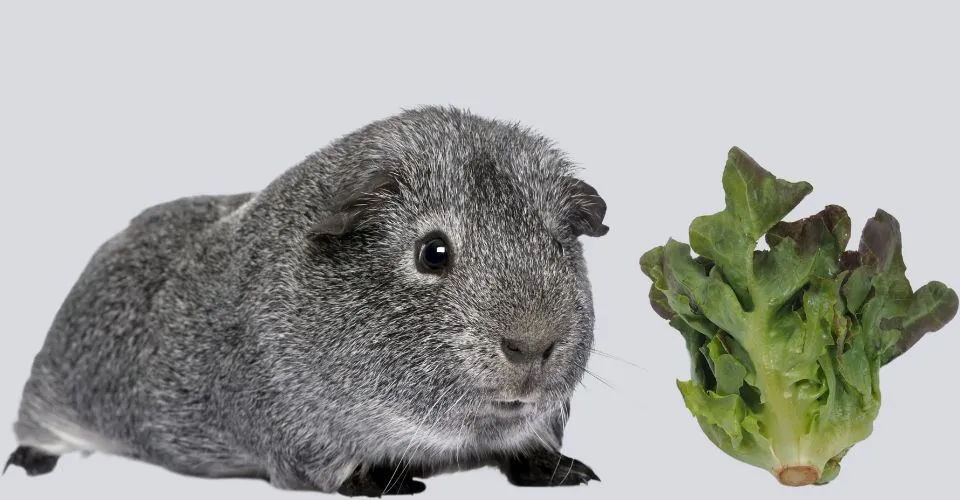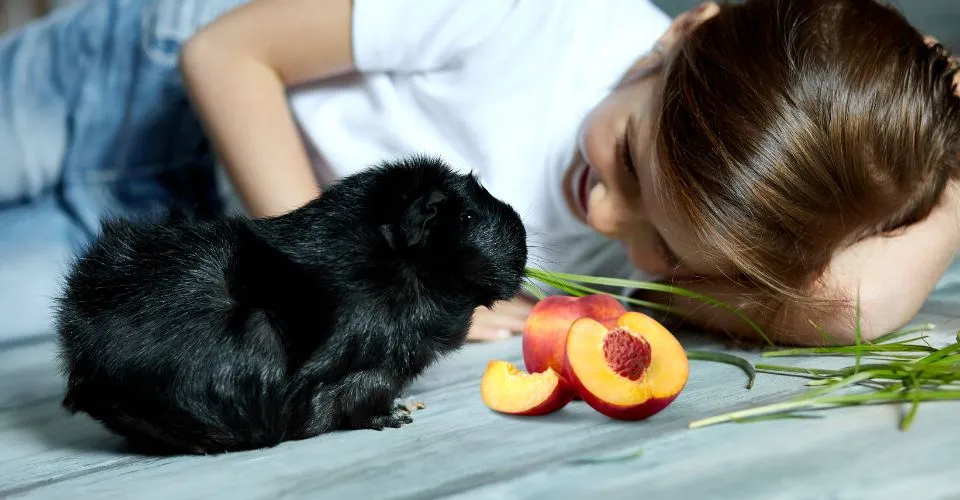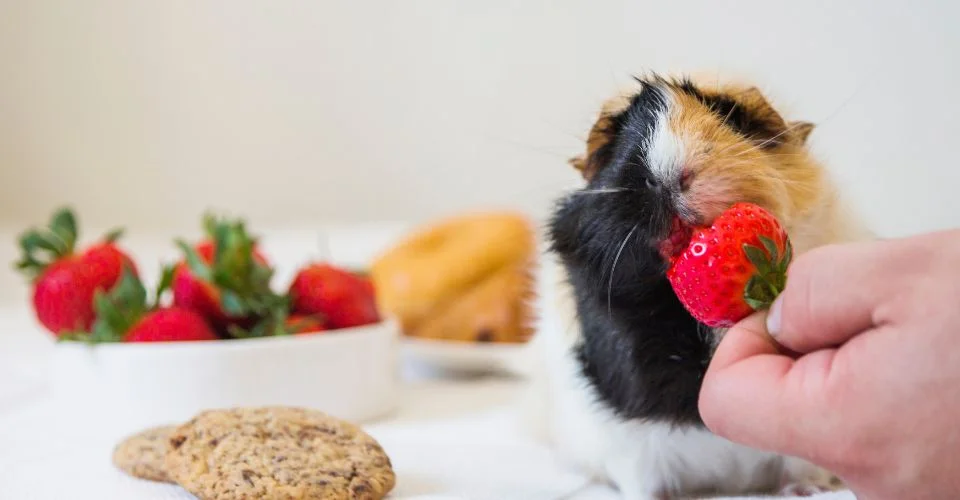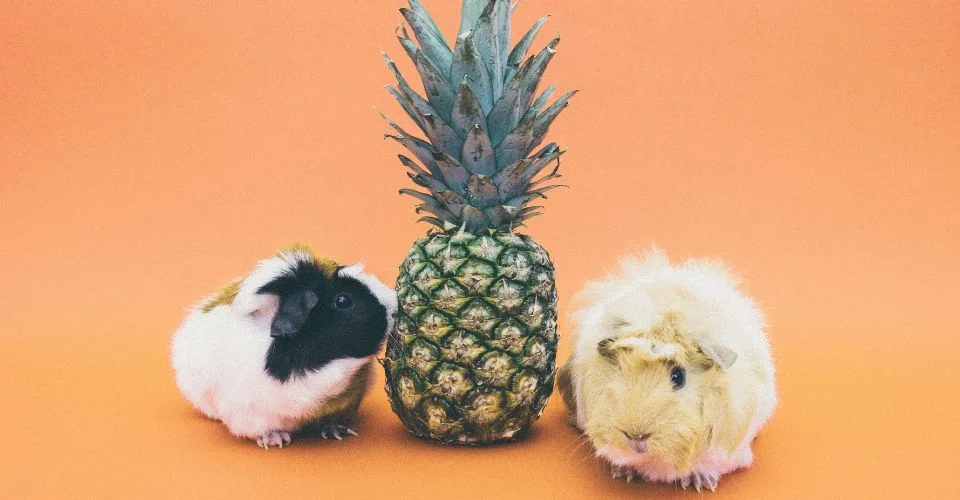Everyone loves pickles. There is nothing more satisfying than the vinegary, salty, and sour taste of pickles. Pickle is consumed all across the world—they are served with burgers and are also present in ready-made sandwiches. Perhaps, you love pickles as well. But what about our little furry friends? Can guinea pigs eat pickles? Are pickles bad for guinea pigs? What about dill? Can guinea pigs eat dill?
Guinea Pigs Diet
Guinea pigs are natural herbivores. While in the wild, they used to make do by grazing on all sorts of leafy greens but in captivity, it is the responsibility of their loving owners to provide for their nutritional needs. Guinea pigs should have an unlimited supply of Timothy hay throughout the day. They should also be supplemented with Timothy-hay-based guinea pig pellets. More so, an external source of vitamin C must be provided on daily basis. Vitamin C can be provided through vitamin C tablets and vitamin C drops to cavies. Moreover, you can offer fresh vegetables to fruits such as basil, avocado, green peppers, spinach, collard greens, etc. Fruits like apples, strawberries, plums, and pineapples can also be offered to guinea pigs but only in moderate amounts as they contain too much sugar.
Enough of the routine guinea pig diet. Let’s get to guinea pigs and pickles. Can guinea pigs eat pickles?
Without further ado, let’s get to it.
Can Guinea Pigs Eat Pickles?
Unfortunately, guinea pigs cannot eat pickles. Pickles contain way too much salt and soaked up vinegar makes them acidic, which can cause harm to the sensitive stomachs of our pocket pets—guinea pigs. More so, pickles often contain seasonings like onion and garlic, which are inherently toxic to guinea pigs. Last but not least, pickle is nothing else but processed cucumber, and since processed foods do not sit well with guinea pigs, it is best that we do not offer them pickles.
Can Guinea Pigs Eat Cucumbers?
Yes, guinea pigs can eat cucumbers. Cucumbers make for not only a safe but a healthy treat for guinea pigs as they are quite low in sugar. That said, guinea pigs should only eat cucumbers sparingly—once or twice or week—not more than two or three slices of fresh and thoroughly washed cucumber.
Can Guinea Pigs Eat Dill?
Yes, guinea pigs can eat dill. It is not only safe but a healthy herb for guinea pigs. Dill is loaded with vitamin C, which helps guinea pigs steer clear of many skin-related health issues. However, you should only feed dill and its stem to guinea pigs and not the seeds as they can upset their stomachs.
What Makes Pickles Bad for Guinea Pigs?
Knowing that cucumbers are perfectly safe for guinea pigs to eat, you must be wondering what is it that makes pickles detrimental to our guinea pigs’ health.
Well, the problem lies in the pickling process. After the pickling cucumbers are not cucumbers anymore.
Pickle is nothing else but a pickled cucumber. In the pickling process, fresh cucumbers are pickled in brine or vinegar and left to ferment for some time. Loads of salt and seasonings like onions, garlic, dill, etc. are also used to further enrich the flavor of pickles.
Below we have discussed some of the reasons that make pickles bad for guinea pigs.
Too High in Sodium
While a small amount of salt in the diet is perfectly fine for guinea pigs, eating in excess could be incredibly bad for our little cavies. Our piglets do not need more than 5g/kg of sodium, whereas a small piece of pickle of 100 g contains 808 mg of sodium, according to USDA Food Data Central. This amount of salt is way too much for guinea pigs. More so, the minute sodium requirements of guinea pigs are easily met by guinea pig pellets. So eating pickles would only cause slat poisoning in guinea pigs.
| Signs of Salt Poisoning in Guinea Pigs! |
| · High blood pressure · Bloating · Stomach ache · Blindness · Wandering around aimlessly · Head pressing · Deafness · Spasms |
Garlic and Onion Are Toxic to Guinea Pigs
Seasonings like garlic and onions are used in the making of pickles. No doubt, these seasonings further enrich the taste of pickles but they make pickles a big no-no for little guineas since both garlic and onions are toxic to guinea pigs. Eating onions, garlic, or any other bulb for that matter would be detrimental to your guinea pig’s health.
Guinea Pigs Cannot Digest Processed Food
Guinea pigs are true herbivores like bunnies. They are not designed to digest processed food. Therefore, if processed foods like pickles were to be offered to guinea pigs without salts or seasonings, it would still upset their stomachs.
Pickles Are Too Acidic
Given that cucumber is soaked up and left for fermentation in brine or vinegar, they get too acidic. Therefore, eating a pickle might damage the sensitive internals of our guinea pigs. So, pocket pet owners are advised never to share pickles with their cavies.
Can Guinea Pigs Eat Homemade Pickles?
No, guinea pigs cannot even have homemade pickles, even if it is devoid of all kind of seasonings like onion, garlic, salt, etc. This is because our little piglets cannot have vinegar at all as it is too acidic. Therefore, homemade pickles might not have toxic seasonings but still would be too acidic for piggies.
Final Verdict: Can Guinea Pigs Eat Pickles?
No, guinea pigs cannot eat pickles. Pickles are unhealthy for guinea pigs for four reasons: one they contain too much sodium; two, pickles contain seasonings like garlic and onions that are toxic to guinea pigs; third, guinea pigs cannot have processed food; four, pickles are too acidic and could harm our guinea pigs’ sensitive internals.
Check out other guides to what guinea pigs can or cannot eat:
